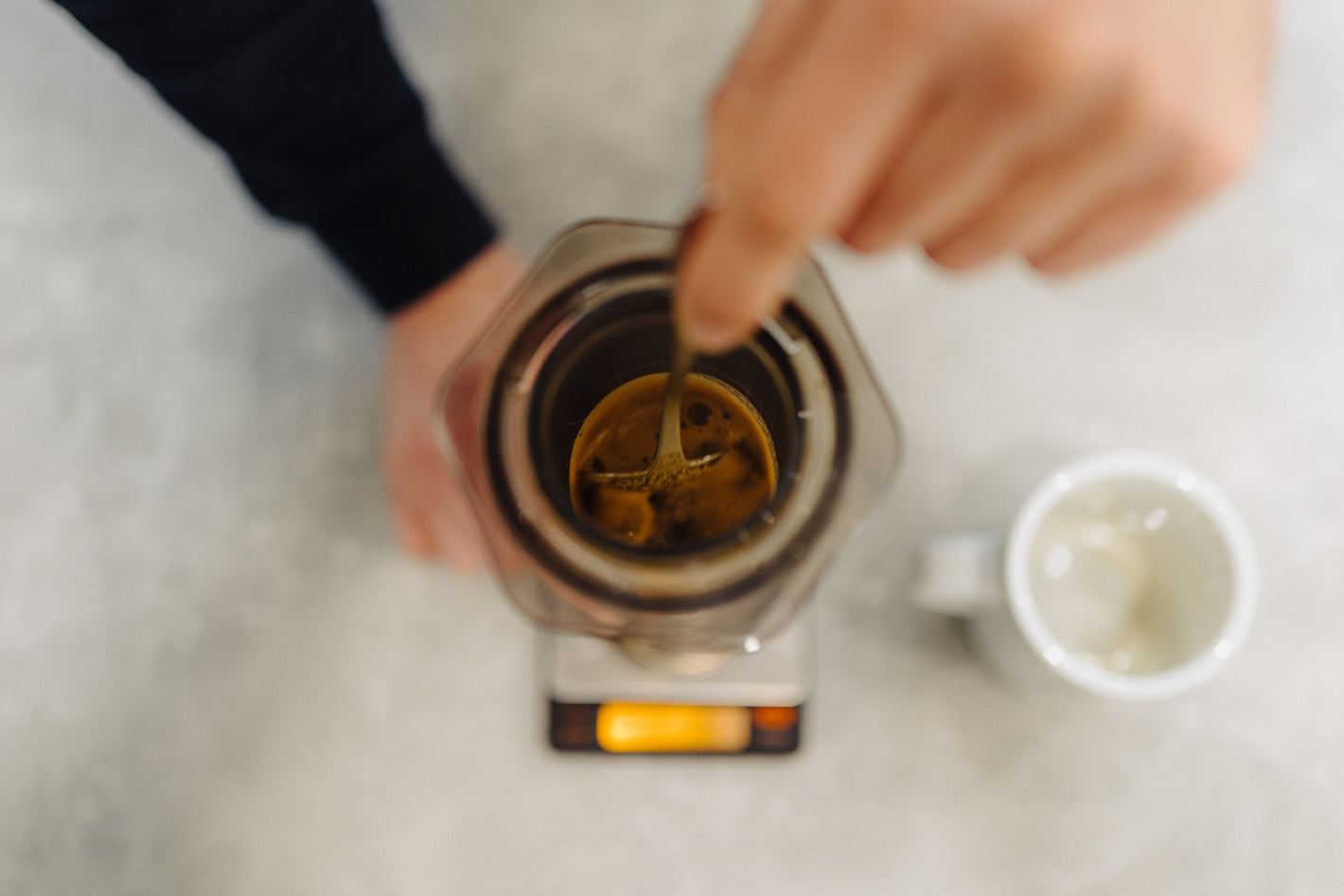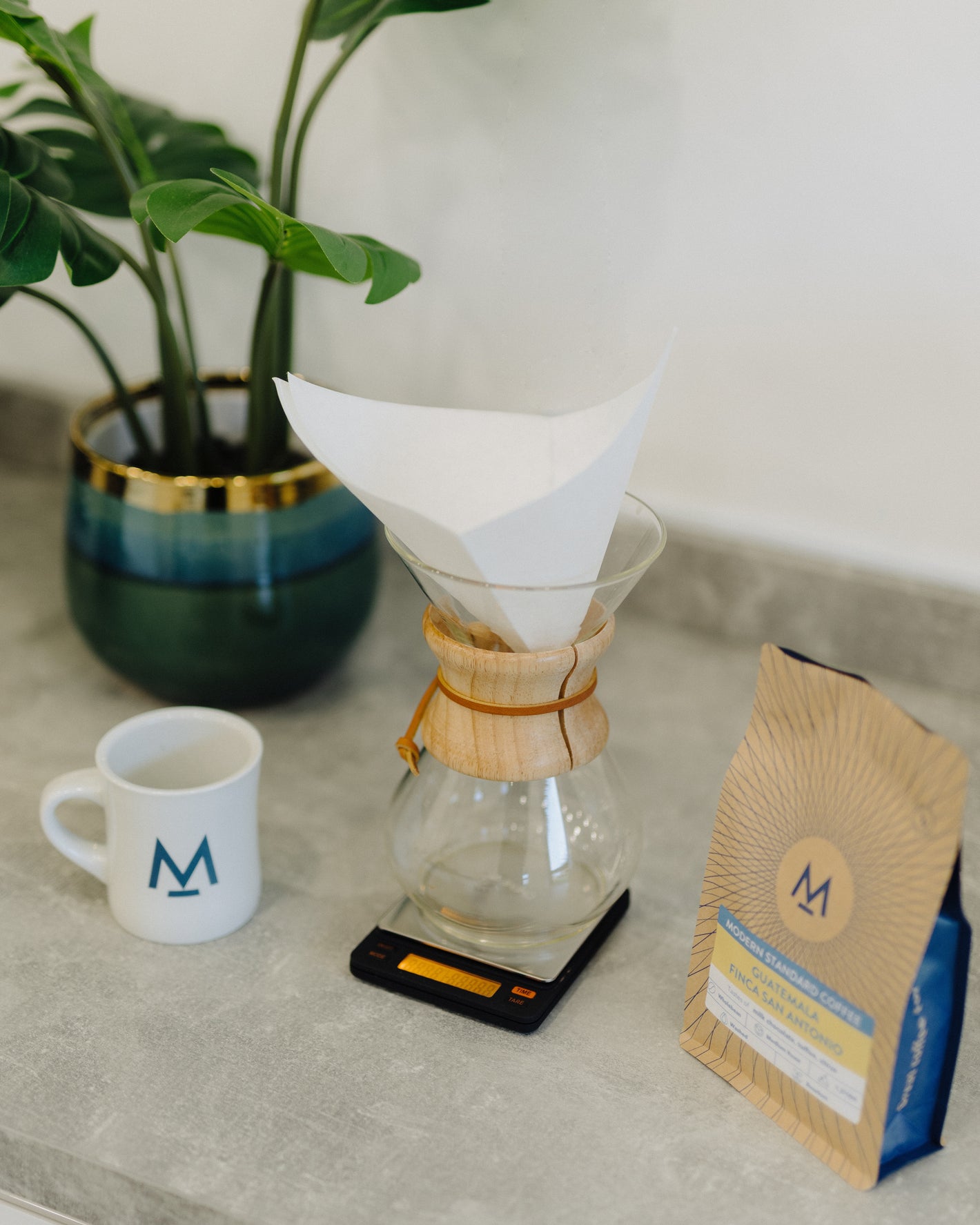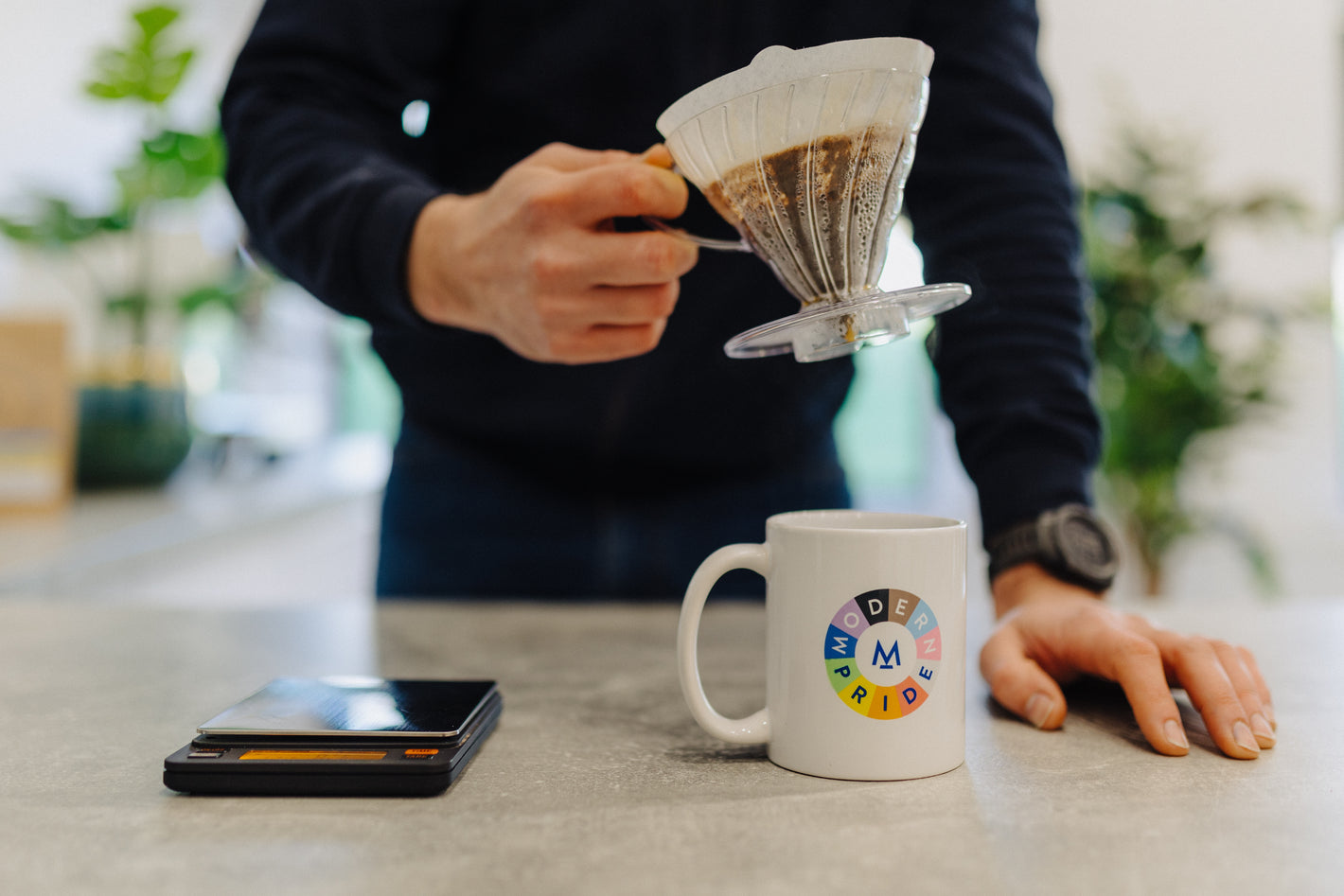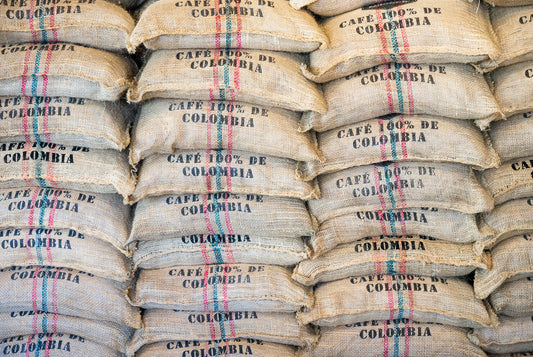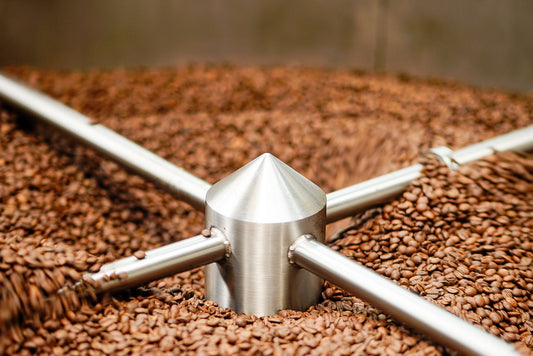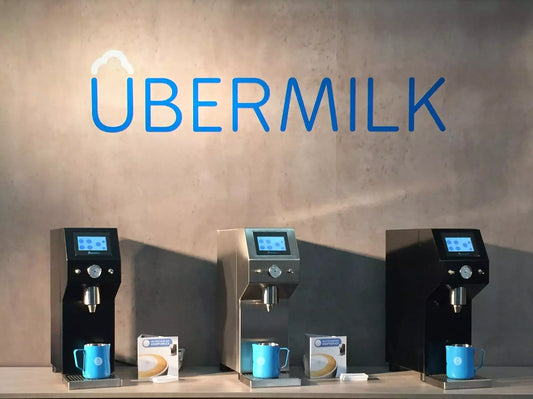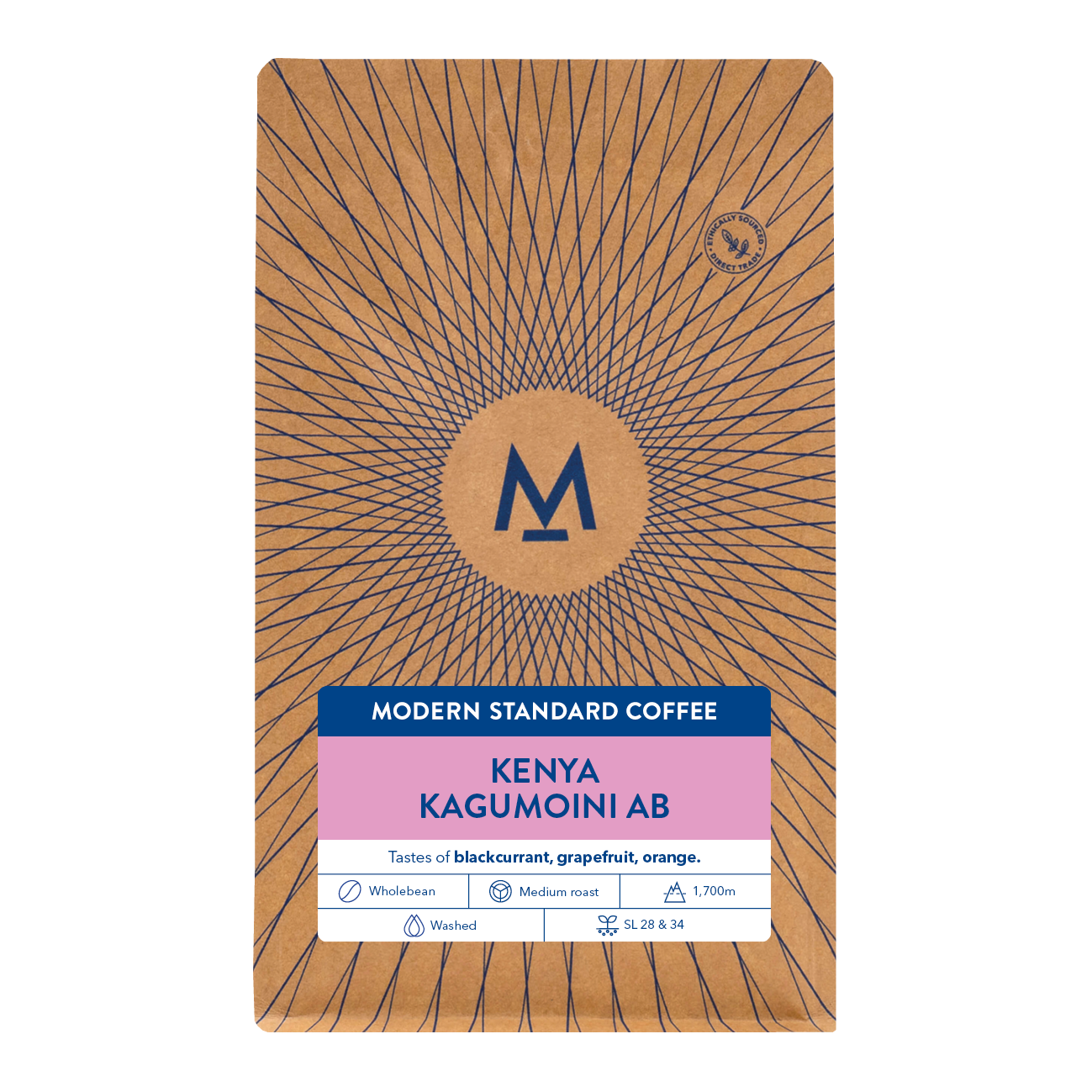
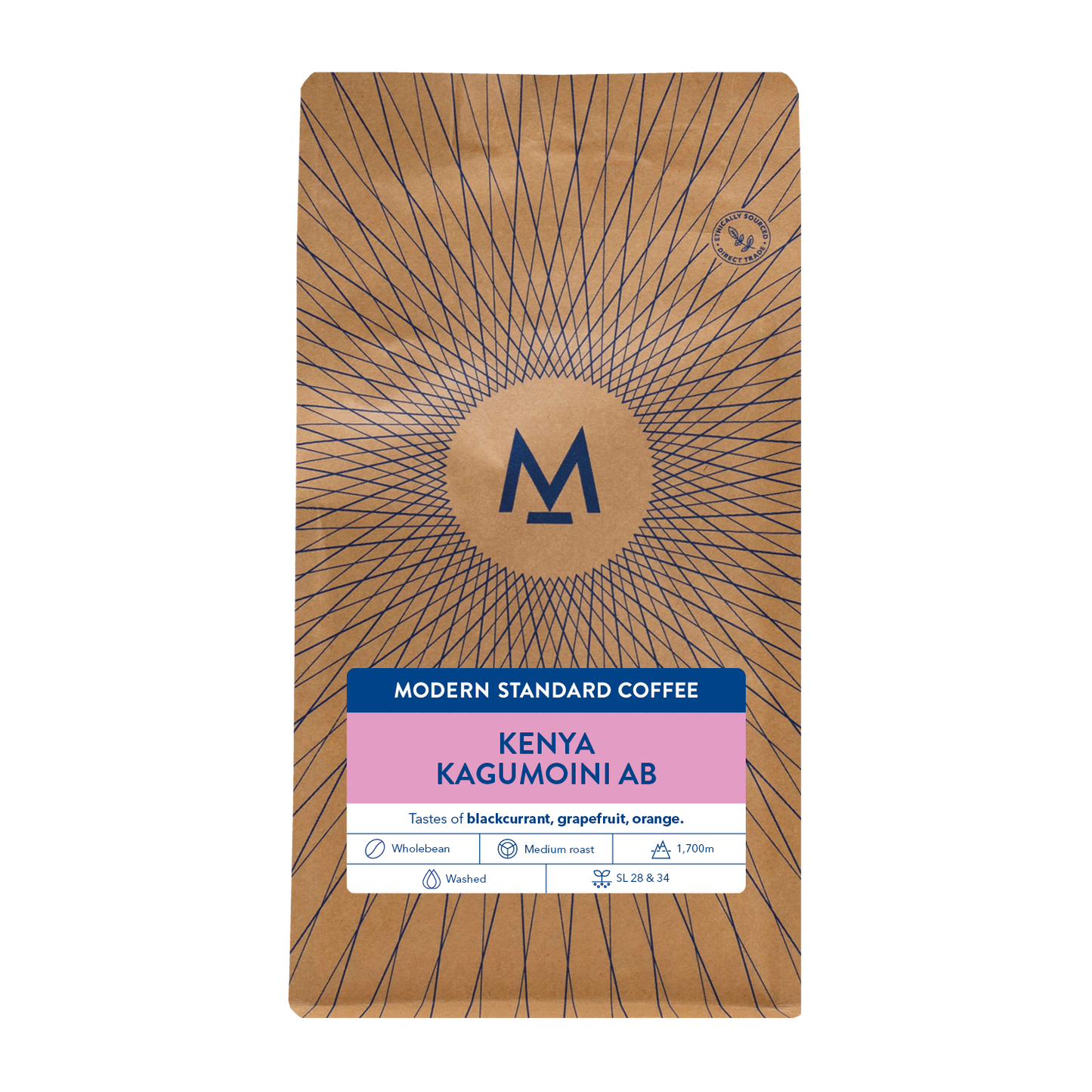
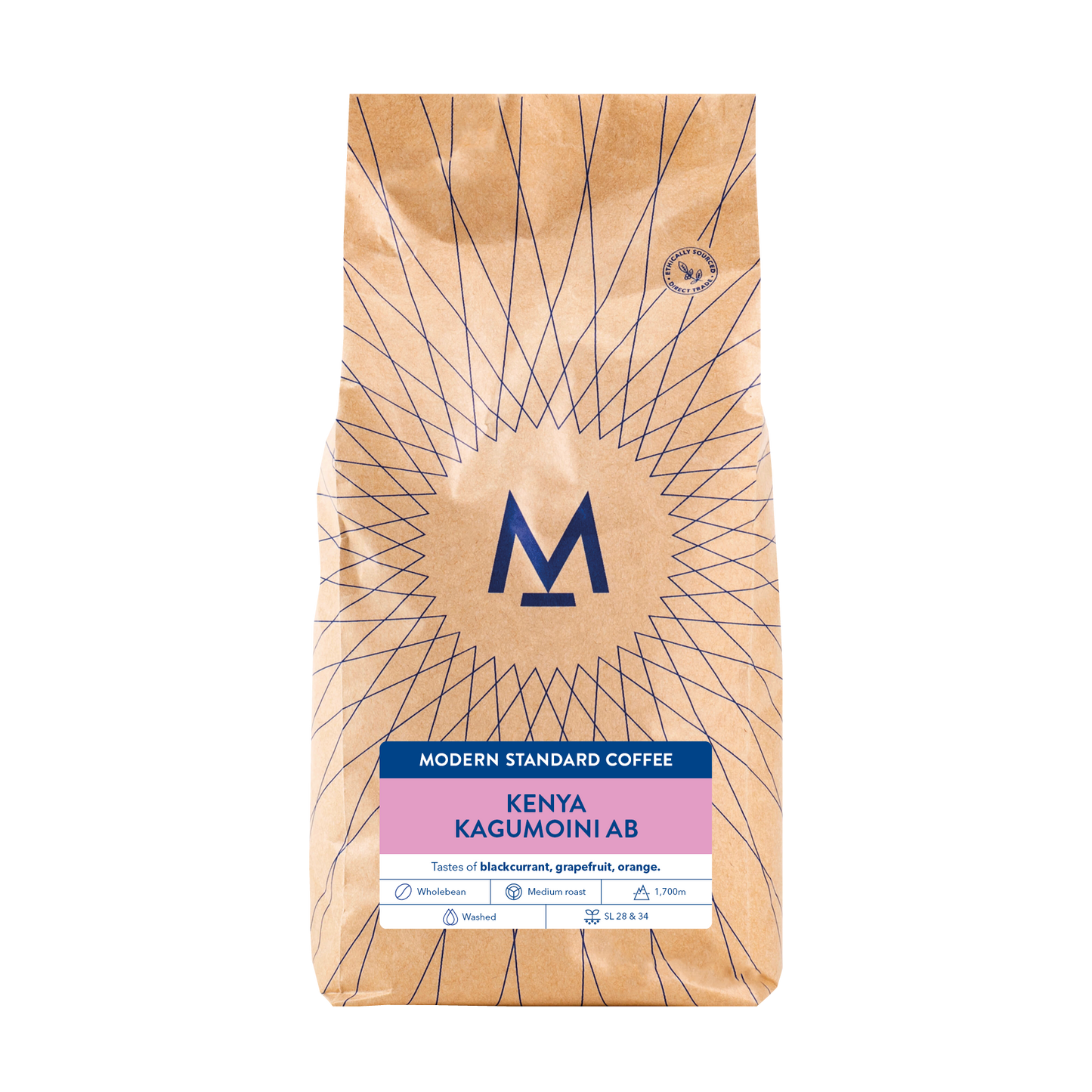
The overview
| Countries of origin | Kenya |
| Producer | Kagumoini Washing Station |
| Altitude | 1700m |
| Varietal | SL 28 & 34 |
| Process | Washed |
The producer
The Kagumoini Washing Station, locally referred to as a factory, is situated in Muranga County and operates under the management of the Kamacharia Farmers Cooperative Society. The cooperative was established in 1993 following the merger of two previous cooperatives in the region. Currently, the washing station serves a community of 1,384 active members who bring their coffee cherries from small farms to the wetmill for processing.
The coffee from Kagumoini Washing Station undergoes a fully washed processing method, which involves the complete removal of the outer skin and pulp during the washing and depulping stages. After the cherries are pulped, they are placed in tanks for fermentation overnight. Subsequently, the coffee undergoes another soaking process before being carefully dried on raised beds.
The coffee
The lot comprises various notable varietals, including SL28, Ruiru 11, and a small portion of Batian. These varietals are recognized for their resilience against drought and diseases. The coffee plants thrive in deep, well-drained red volcanic soil, creating an optimal growing environment at an elevation of approximately 1750 meters above sea level.
Why we love it
Kamwangi is a winner; it has so much fruitiness that it's a stand out coffee. I would drink this all day long if I could!
Alex's Brew Guide
Out: 31-33g
Time: 24-26s
Water: 305g
Ratio: 1:17
Best leaving this coffee to rest for a few days from roasting.


SL28 & SL34
The main varieties of coffee grown in this region are SL-28 and -34, which account for 95% of all coffee produced. The region’s high altitude means that the coffee fruit is able to mature slowly, and this, combined with rich volcanic soil and careful processing, helps to highlight the inherent complex fruit flavours from the SL-28 and SL-34 varieties.
In addition to the SL-28 and SL-34 that are almost ubiquitous around Kenya, this lot contains around 5% of the Ruiru 11 variety. This variety is slowly becoming more widespread in the region due to its resistance to Coffee Berry Disease and Coffee Leaf Rust and has been backcrossed with SL-28 and SL-34 to ensure high cup quality.

Kenyan coffee
Despite sharing over 865 kilometers of border with Ethiopia, the birthplace of coffee, coffee had to circumnavigate the world before it set roots in Kenya. While the earliest credible reports place coffee in Ethiopia around 850 C.E., coffee was not first planted in Kenya until 1893 when French missionaries planted trees in Bura in the Taita Hills.
Under the rule of the British Empire coffee production geared for export expanded. Large, privately owned coffee growing estates were established and most harvests went to England in parchment, where it was sold to roasters prior to milling. Roasters often blended the bright flavors of Kenya with more chocolatey South American coffees.
Though large estates grew in hectarage and value, indigenous Kenyans did not benefit. In fact, European settlers took direct action to exclude indigenous people from growing coffee themselves.
In order to decrease competition, make labor accessible and inexpensive and continue the increase of demand for high-quality coffee, the Coffee Board was created to make regulations on coffee production and marketing. The Nairobi Coffee Exchange (NCE) (which continues to this day) was established in Nairobi to leave more of the value of green coffee at origin.





